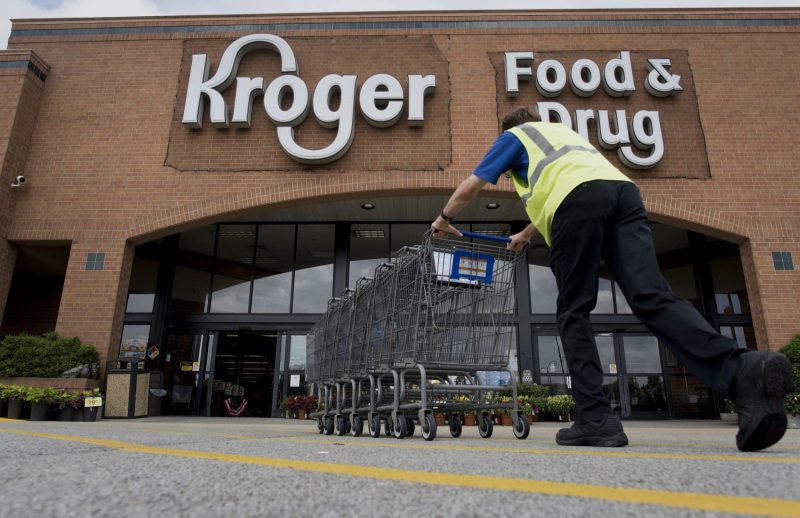The Federal Trade Commission faces a pivotal decision as it seeks to block the proposed merger between retail giants Kroger and Albertsons. This move has raised concerns and curiosity about the potential implications for the retail landscape and consumers. Let’s delve deeper into the key aspects at stake in this high-profile case.
Market Dominance and Competition
One of the primary concerns with the Kroger-Albertsons merger is the potential impact on market competition. The combined entity would wield significant influence and control over the retail sector, particularly in the grocery industry. Critics argue that such dominance could stifle competition and lead to higher prices for consumers. By eliminating a key player in the market, the merger could also reduce choices for consumers, limiting their options when it comes to grocery shopping.
Supply Chain Disruption
Another critical aspect of the proposed merger is the potential disruption to the supply chain. Kroger and Albertsons operate extensive networks of suppliers and distribution centers to ensure a seamless flow of products to their stores. A merger of this scale could result in significant changes to these supply chains, affecting not only the companies involved but also their suppliers and partners. Any disruptions in the supply chain could lead to delays, stock shortages, and ultimately impact consumers’ ability to access the products they need.
Labor and Employee Welfare
In any merger of this magnitude, the fate of employees and labor practices is a crucial consideration. Kroger and Albertsons collectively employ thousands of workers across their stores and offices. A merger could potentially result in redundancies, job losses, or changes to working conditions for employees. Ensuring job security, fair labor practices, and employee welfare must be a priority as the FTC evaluates the merger proposal. The implications for workers and their livelihoods must not be overlooked in the decision-making process.
Consumer Impact and Pricing
From a consumer perspective, the Kroger-Albertsons merger has significant implications for pricing, product availability, and overall shopping experience. A consolidated entity may have the power to dictate pricing strategies, promotions, and discounts, potentially affecting consumers’ budgets and shopping habits. The availability of diverse product offerings, quality, and customer service standards could also be impacted by the merger. Consumers stand to bear the brunt of any negative consequences resulting from reduced competition and market consolidation.
Regulatory Oversight and Antitrust Laws
The FTC’s role in scrutinizing the Kroger-Albertsons merger showcases the importance of regulatory oversight in maintaining fair competition and protecting consumer interests. Antitrust laws are designed to prevent monopolistic practices, promote competition, and safeguard consumer choice. The outcome of this case will set a precedent for future mergers and acquisitions in the retail sector, underscoring the significance of upholding these laws and ensuring a level playing field for businesses and consumers alike.
In conclusion, the FTC’s decision on the Kroger-Albertsons merger carries far-reaching implications for the retail industry, market competition, consumer welfare, and regulatory oversight. Balancing the interests of stakeholders, including consumers, employees, and competitors, is paramount in determining the outcome of this high-stakes case. As the debate continues, the broader retail landscape and consumer experience hang in the balance, awaiting the FTC’s final verdict on this landmark merger proposal.
